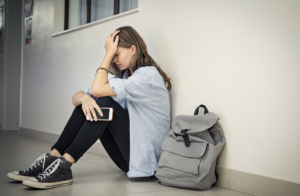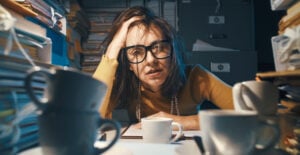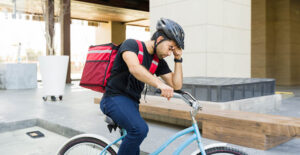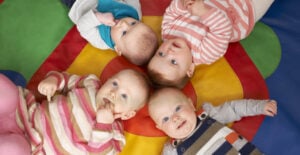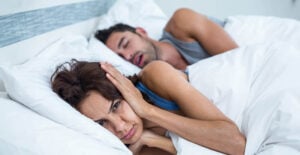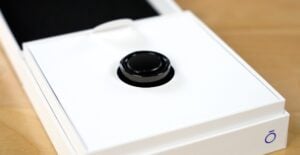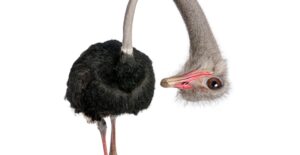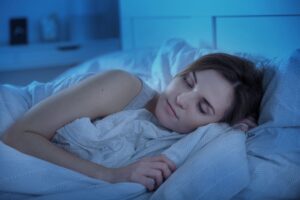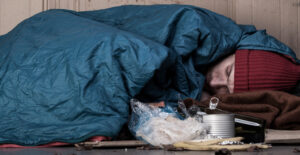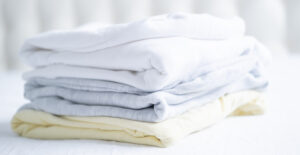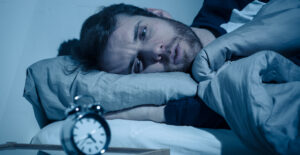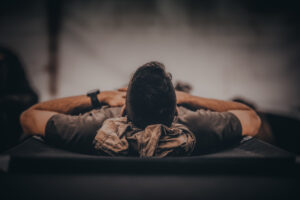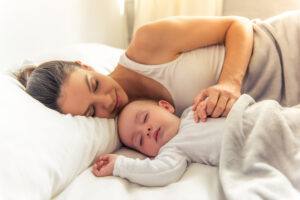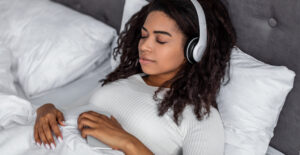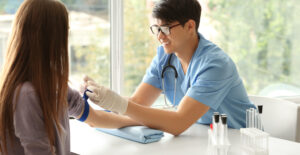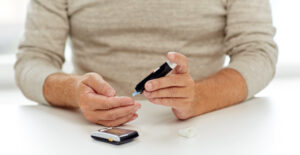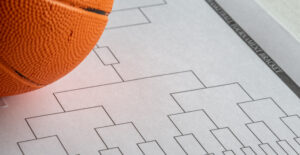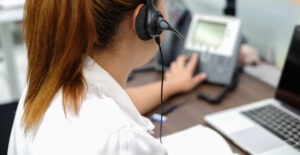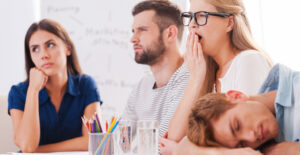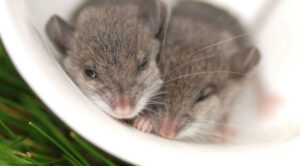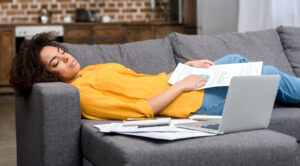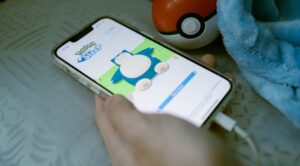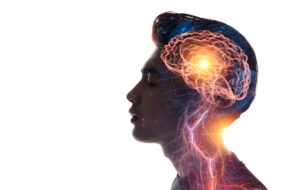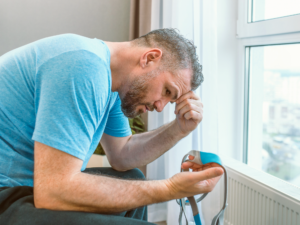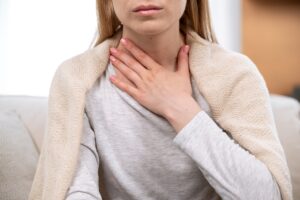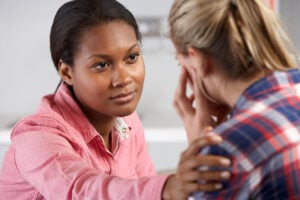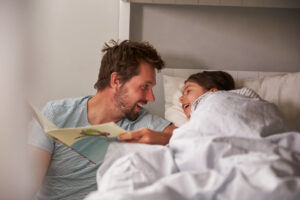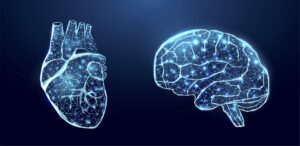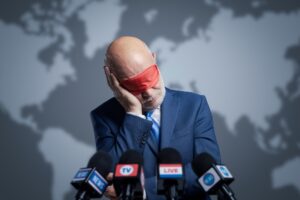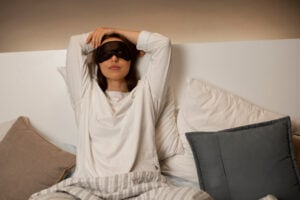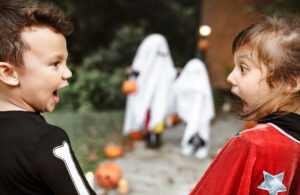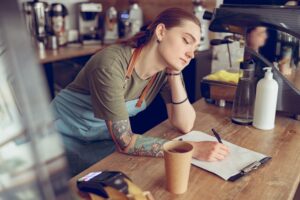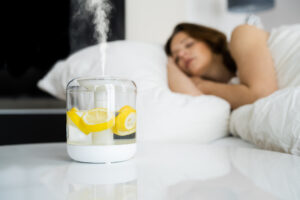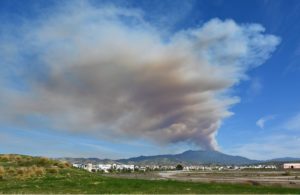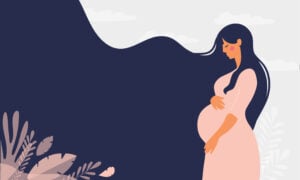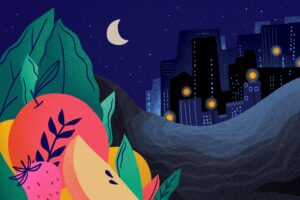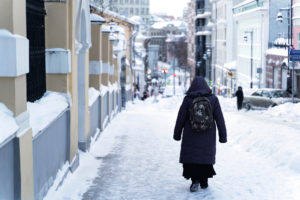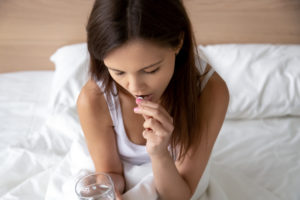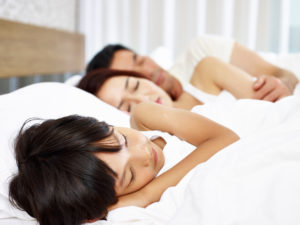94% of Us Drink Caffeinated Beverages. But What Does it do to Our Sleep?
- 94% of surveyed U.S. adults drink caffeinated beverages, with 64% of them drinking them daily.
- 68% of survey respondents who don’t drink caffeine think it can affect their sleep, while 40% of caffeine drinkers think so.
- 51% most often enjoy coffee, with soda (28%), tea (10%), and energy drinks (7%) following in popularity.
- People who drink mostly tea are the most likely to get the recommended 7+ hours of sleep, with 75% doing so.
- Sleep issues like daytime sleepiness, fatigue, insomnia, and mental health issues affect caffeine drinkers more than non-caffeine drinkers.
An off-and-on coffee drinker for years, Kacey Mead of Jacksonville, Florida, currently follows a fairly regimented caffeine schedule: She enjoys a cup of coffee upon waking up around 6 a.m., followed by a mid-morning latte and ending with a green tea-based energy drink mid-afternoon. Although she sticks to a rigid “no caffeine four hours before bedtime” rule, the 33-year-old mom of three, including a set of 1-year-old twins, can always tell when her coffee consumption has gotten out of control.
“I typically cut back on caffeine when I notice myself getting a headache before it’s actually my normal ‘coffee time,’” she says. “I take a little break for a few weeks and then start the cycle over. It’s always progressive. I’ll ease back in with one cup of coffee a day and somehow end up back at three or four cups a year later.”
Ah, the vicious cycle of caffeine, a.k.a. the most widely taken stimulant worldwide. According to a recent SleepFoundation.org survey ahead of this month’s many odes to coffee (National Coffee Day on September 29 and International Coffee Day on October 1), 94% of Americans drink caffeinated beverages, with 64% consuming them daily — and 56% drinking four or more 8-ounce cups in a 24-hour timespan. The vast majority of those are coffee lovers, with the consumption of soda, tea, and energy drinks trailing behind.
A Caffeine Love Affair
But why do people like coffee so much, or caffeine in general? Taste is the first reason, say 70% of survey respondents, coupled with the fact that it helps them wake up and feel more alert. This enjoyment and reliance on caffeine often comes at the detriment of our sleep, yet we consume it in vast amounts. According to Dr. Abhinav Singh, medical director of the Indiana Sleep Center in Greenwood, Indiana, a SleepFoundation.org medical reviewer, and author of Sleep to Heal: 7 Simple Steps to Better Sleep, the answer is twofold:
“If you go to Europe or Asia, they have a mixed bag of teas and coffees, but I feel the U.S. particularly really likes their coffee,” he says. “The U.S. is the marketing champion of the world, but we are a chronically sleep-deprived society. People are tired of being tired, and caffeine is a legal stimulant that provides that little jolt of energy.”
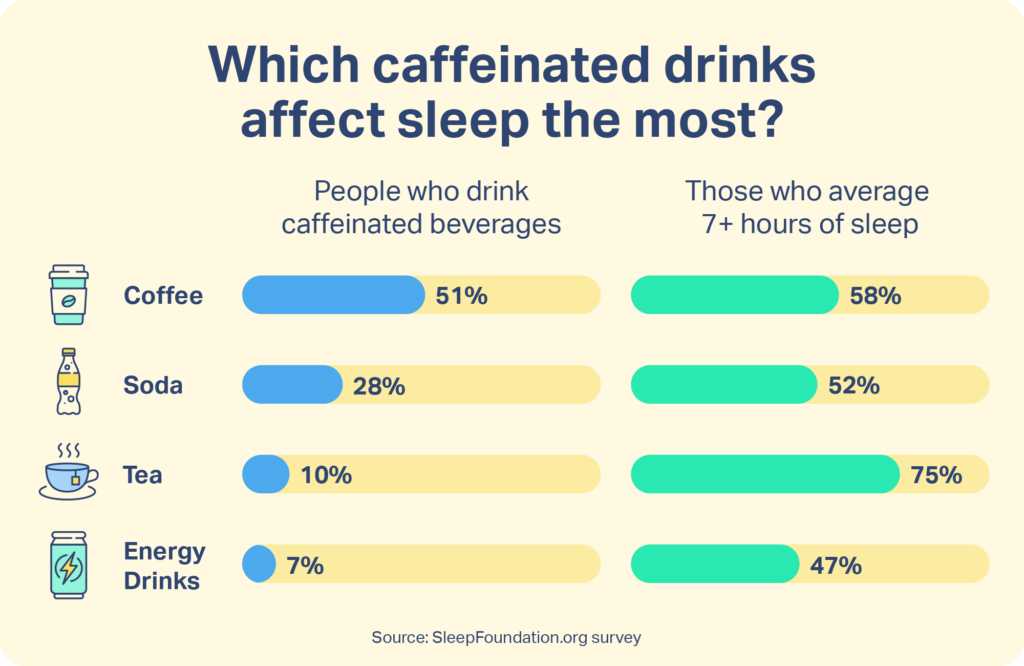
Exhibit A: The popularity of highly marketed pumpkin spice lattes and energy drinks coupled with the fact that drinking caffeine can be both habit-forming and addicting , and you have a recipe for peak unrest. Lifestyle and age are also worth noting as factors — exhausted parents of young children, folks who work long hours, and night-shift employees may be especially susceptible to craving that cup o’ joe.
“Now, with three kids and a host of other responsibilities, I depend on coffee and caffeine all throughout the day,” Mead says. “At this time in my life, while nursing twins around the clock, I am more tired in general and cannot drink enough coffee to even be wired.”
Can’t Sleep: Too Much Coffee at the Wrong Time
Timing is critical: The time of day when we drink caffeine plays a part in the quantity and quality of our sleep. Think of it in terms of half-life — the time required for your body to clear half of the total caffeine can range from 3 to 7 hours , depending on your body’s metabolism. According to Dr. Singh, the average half-life of caffeine is closer to 4 to 6 hours .
“Think about a cup you drank at 8 a.m., for instance. Half of that could still be lingering six hours later, which is 2 p.m., and then a half of that, which is a quarter of the cup you had at 8 a.m., is still likely to be in your system around 8 p.m.,” Dr. Singh explains. “And that may interfere with your sleep. If you do find that happening, then you’ve got to regulate the quantity and timing of when you drink caffeine.”
Steve Depew, 60, drinks a 10-cup pot of half-decaf coffee in the morning. Because caffeine can affect people differently, he has no trouble falling and staying asleep. He also limits his java intake to before noon.
“It helps my alertness and mood in the morning and never affects my sleep,” shares the retired Tupelo, Mississippi, resident. “I used to drink it fully caffeinated, but cutting back was necessary after having a heart bypass surgery last year.”
Because caffeine can increase blood pressure and cause other side effects , Depew says his doctor recommended reducing the stimulant during recovery, and he never went back to fully caffeinated brew afterward. “I love the taste of coffee, so cutting the caffeine in half was easy so long as I still get to enjoy it!”
Of those surveyed, 68% who don’t drink caffeine think it affects their sleep. By comparison, only 40% of caffeinated beverage drinkers believe so. But the survey results speak for themselves: Sleep issues across the board affect more caffeine drinkers than non-caffeine drinkers. For instance, 35% of caffeine drinkers experience daytime sleepiness, and 31% report having insomnia (versus 27% and 22% in non-drinkers).
Mead understands how her body metabolizes coffee and consistently adheres to her “no caffeine four hours before bedtime” rule. Otherwise, she says she would have trouble falling asleep. Interestingly, almost half of respondents in our survey (49%) stop having caffeine drinks 1 to 4 hours before bedtime, while 14% don’t take a break before hitting the pillow.
“Even though my caffeine intake is up right now, I’m still not going to tempt fate by having coffee too late in the evening,” she says. “In the past, I would get racing thoughts if I had coffee too close to bedtime. I would go over to-do lists in my head while trying to fall asleep.”

Finding the Sweet Spot
Before clutching your PSL in a panic, know this: You can quench that caffeine craving, have your latte, matcha, or Diet Coke, and still get good shut-eye. Just choose your caffeine wisely — different drinks contain varying amounts — and know how much your body is affected by caffeine. For instance, coffee tends to have more caffeine per ounce than soda or tea. Of those who stick to tea, 75% get the recommended seven or more hours of sleep per night, while 58% of coffee drinkers do.
“If you find yourself struggling to fall and stay asleep when tired, look at your entire caffeine intake and see how much is getting into your system and start to reduce or eliminate as much as possible,” Dr. Singh advises. “There are hidden sources of caffeine that are present everywhere, including chocolate, workout drinks, body washes, and face creams. Caffeine can be used as a friend in the right quantity and timing.”
Got a hot tip? Pitch us your story idea, share your expertise with SleepFoundation.org, or let us know about your sleep experiences right here.
Methodology
The survey commissioned by SleepFoundation.org was conducted on the online survey platform Pollfish on September 8, 2023. Results are from 1,000 survey participants in the United States who were ages 16 and older at the time of the survey. All respondents attested to answering the survey questions truthfully and accurately.
References
6 Sources
-
Evans, J., Richards, J. R., & Battisti, A. S. (2023). Caffeine. StatPearls, National Library of Medicine., Retrieved September 20, 2023, from
https://www.ncbi.nlm.nih.gov/books/NBK519490/ -
Meredith, S. E., Juliano, L. M., Hughes, J. R., & Griffiths, R. R. (2013). Caffeine Use Disorder: A Comprehensive Review and Research Agenda. Journal of caffeine research, 3(3), 114–130., Retrieved September 22, 2023, from
https://pubmed.ncbi.nlm.nih.gov/24761279/ -
Loftfield, E., Freedman, N. D., Dodd, K. W., Vogtmann, E., Xiao, Q., Sinha, R., & Graubard, B. I. (2016). Coffee drinking is widespread in the United States, but usual intake varies by key demographic and lifestyle factors. The Journal of Nutrition, 146(9), 1762–1768., Retrieved September 20, 2023, from
https://pubmed.ncbi.nlm.nih.gov/27489008/ -
Giardina, E. G. (2021, December 15). Cardiovascular effects of caffeine and caffeinated beverages. In B. J. Gersh (Ed.). UpToDate., Retrieved September 20, 2023, from
https://www.uptodate.com/contents/cardiovascular-effects-of-caffeine-and-caffeinated-beverages -
U.S. Food & Drug Administration (2023, September). Spilling the Beans: How Much Caffeine Is Too Much?, Retrieved September 20, 2023, from
https://www.fda.gov/consumers/consumer-updates/spilling-beans-how-much-caffeine-too-much -
MedlinePlus. Caffeine., Retrieved September 22, 2023, from
https://medlineplus.gov/caffeine.html



